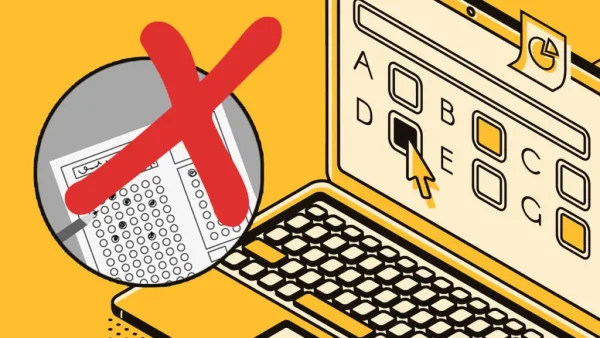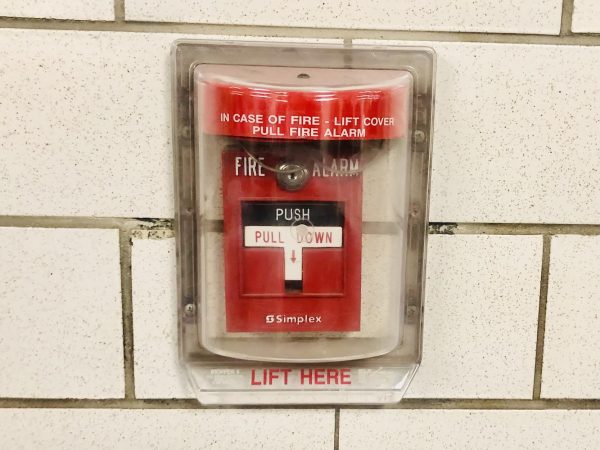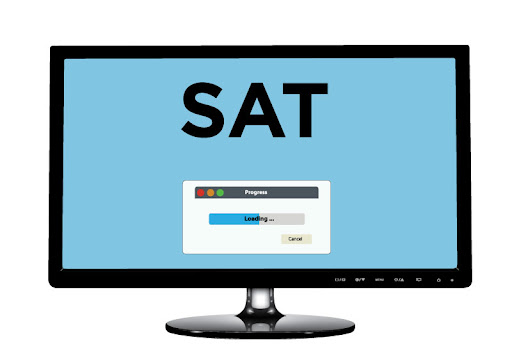The monopolization of school calculators
January 29, 2020
Despite being released in 2004 and changing relatively little over the years, the Ti-84 is still one of the most popular calculators used in school settings and standardized testing today.
While it was originally priced at a retail cost of $150, the price of the calculator has also become stagnant. On Amazon.com, a new Ti-84 costs around the $100 mark, with the cheapest being a used one for $60. The technology used to build a Ti-84 and its family products do not cost $100. According to Barclays analyst Blayne Curtis, he estimates that the cost to build a TI-84 Plus costs $15-20 to manufacture. At this point, even a $2 packaged water bottle with a 4000% mark-up is better, as it’s benefactory for my health.
For over 20 years, Texas Instruments, the company behind the TI-models, has dominated the calculator market in education. While it was not the first of its kind in the market, its tactics to corner the business were new. By partnering up with math textbook publishers and seeking approval from College Board, Texas Instruments gained the upper-hand in integrating its products into the classroom and creating use in the school environment. In addition, the company has employed lobbyists to haggle the Department of Education for schools to implement their products.
While there has been competition from companies such as Casio and Sharp, Texas Instruments has the advantage of name recognition. Teachers teach students how to solve math problems using the TI-84 calculators. If a student were to have a different calculator, the student would need to research by themselves on how to solve the problems. This exact situation has happened to me on multiple occasions in math class.
Parents are required to spend hundreds on graphing calculators mandatory for math classes for use in very limited situations, while there are still students who still need financial aid for lunch. The cost of buying a TI-84 is worth around 50 Fremd lunches. In contrast, the Casio fx-9750GII costs around $30, yet still make a profit from its sales. The fact that a $30 calculator coexists with a $100 calculator that has the same capabilities painstakingly shows the mark-up the prices of these tools and greed when corporations are not controlled by government regulations.
Without government intervention, the prices of Texas Instruments calculators will remain at an exorbitant mark-up prices. As long as a demand for Texas Instruments calculators exists, the company will stay a monopoly in the field of education. Dominating over 80% of market sales, unless there is a change in aptitude from school districts and College Board, calculators will remain overpriced in the foreseeable future. If people cannot change, then it should be the duty of the government to help instill regulations on Texas Instruments.












